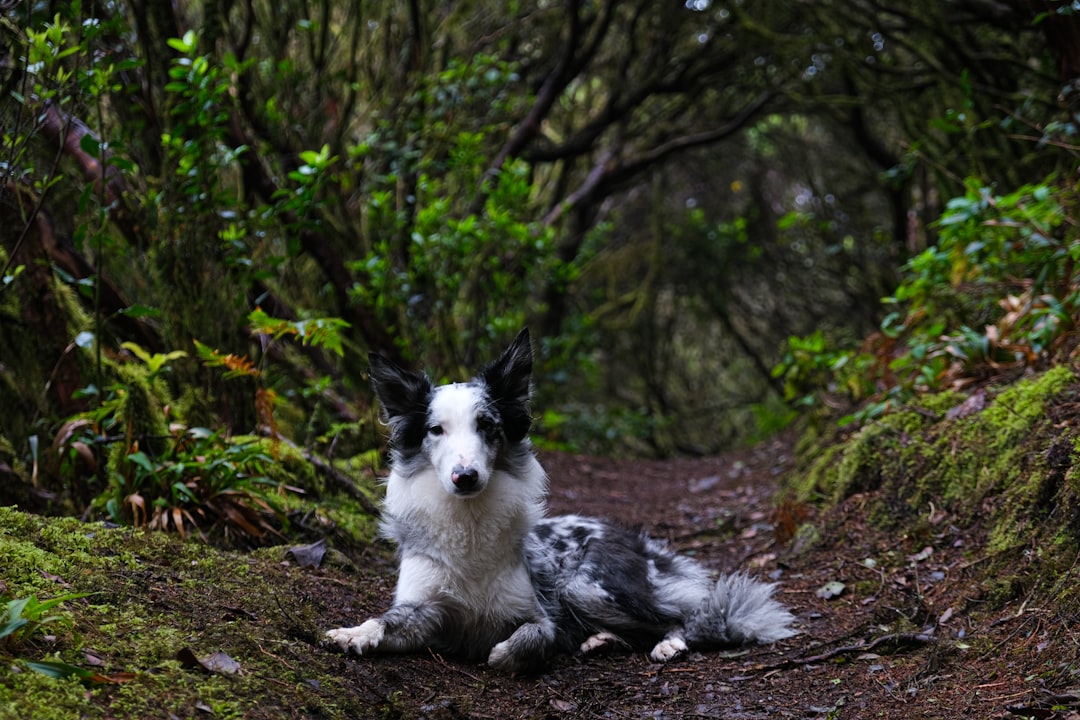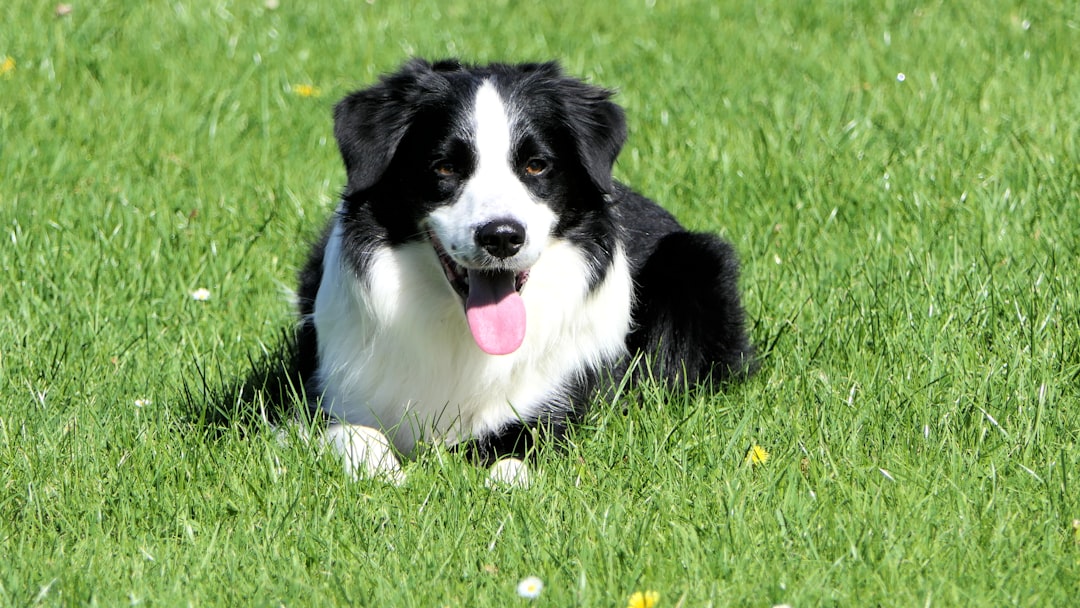An exploration of the ongoing debate about whether certain dog breeds are smarter than others, examining the different types of canine intelligence, factors that influence intelligence, notable breeds with high intelligence, and effective training approaches for intelligent breeds.
Unleashing Canine Intelligence: Debunking the Myth of Smart Dog Breeds
Introduction to Dog Intelligence
The ongoing debate regarding the intellectual disparity among dog breeds captivates both the scientific community and dog enthusiasts alike. This conversation extends beyond the realms of mere obedience and working intelligence, delving into a more nuanced understanding of canine cognition. It explores the multifaceted nature of intelligence, incorporating elements such as problem-solving capabilities, adaptability to new situations, and the instinctual behaviors specific to each breed. The challenge in defining and quantifying intelligence in our canine companions underscores the significance of considering a broad spectrum of cognitive abilities. For instance, a dog’s proficiency in learning commands with minimal repetition is often touted as a hallmark of intelligence. However, the capacity to navigate intricate environments or the adeptness in solving puzzles with no prior exposure equally demonstrates cognitive prowess. This comprehensive approach to understanding canine intelligence necessitates a closer examination of both inherited traits and the influence of a dog’s surroundings on their cognitive development. Whether it’s through their keen sense of perception, their remarkable problem-solving skills, or their ability to adapt and learn from their experiences, the intellectual capacities of dogs are as diverse as the breeds themselves.
Understanding the Different Types of Canine Intelligence
 The Three Categories of Dog Intelligence
The Three Categories of Dog Intelligence
Canine intelligence is a multifaceted concept that can be categorized into three main types: instinctive, adaptive, and working and obedience intelligence [2]. Instinctive intelligence refers to the natural abilities a dog is bred for, such as herding, tracking, or guarding. Adaptive intelligence encompasses a dog’s ability to learn from its environment and solve problems on its own. Lastly, working and obedience intelligence is about how well a dog can learn from humans and perform tasks on command. Each breed may excel in different categories, for example, Border Collies show remarkable working and obedience intelligence, making them excel in agility trials and obedience competitions.
 Testing Dog Intelligence
Testing Dog Intelligence
Assessing a dog’s intelligence involves a variety of tests focusing on problem-solving skills, memory, and social cognition. These tests aim to evaluate how dogs learn, remember, and interact with their environment and humans. Intelligence tests have shown that different breeds may excel in specific intelligence categories. For instance, while some breeds demonstrate exceptional adaptive intelligence, others might score higher in working and obedience intelligence, reflecting the diverse cognitive abilities among dogs.
Factors Influencing Canine Intelligence
The intricate dance between genetics and environment in shaping canine intelligence cannot be understated. On the genetic front, selective breeding has played a pivotal role in enhancing specific cognitive traits across various dog breeds. For instance, Border Collies are renowned for their problem-solving skills and agility, traits that have been honed over generations through selective breeding for herding livestock [2]. This genetic predisposition equips them with a higher baseline of working and obedience intelligence, enabling them to excel in complex tasks and obedience competitions. Similarly, Poodles are celebrated for their adaptive intelligence, demonstrating an innate ability to think creatively and solve problems, a trait that has made them excellent performers in dog sports and circus acts [2].
However, genetics only set the stage for a dog’s cognitive potential; the environment plays a crucial role in actualizing this potential. A stimulating environment, rich in diversity and challenges, alongside consistent and positive training, can significantly enhance a dog’s intelligence regardless of breed. Early socialization and exposure to a variety of experiences help dogs learn to navigate the world around them, improving their adaptive intelligence. Continuous training and mental stimulation, which can include problem-solving games and obedience training, not only reinforce desired behaviors but also keep a dog’s mind sharp and engaged. Off Leash K9 Training, Richmond, leverages these principles, providing a structured and enriching environment that caters to the unique needs of each breed, thereby maximizing their cognitive and obedience capabilities. They understand that while genetics lay the foundation, it is through tailored training and a supportive environment that a dog’s intelligence truly blossoms. For dog owners looking to unlock their pet’s full intellectual potential, exploring specialized training programs offered by Off Leash K9 Training is a step in the right direction. Visit their website for more details.
Notable Breeds with High Intelligence
Border Collies are often cited as the epitome of canine intelligence, demonstrating remarkable agility and problem-solving abilities that set them apart in competitions and practical tasks alike. Their capacity for understanding complex commands and performing intricate tasks with minimal guidance has made them invaluable in roles that range from herding livestock to participating in search and rescue operations. The breed’s quick learning curve and eagerness to please have also made them a favorite in agility trials, where their speed and precision are unmatched [2].
Poodles, on the other hand, excel in adaptive intelligence, showcasing an impressive ability to think creatively and solve problems independently. This intelligence, combined with their keen memory, allows Poodles to learn new behaviors quickly and adapt to a variety of situations with ease. Their versatility and intelligence have not only made them successful show dogs but also reliable service animals, capable of performing a wide range of tasks to assist their human companions. Similarly, German Shepherds are celebrated for their working and obedience intelligence, making them a top choice for police, military, and service roles. Their dedication and ability to learn complex commands quickly make them exceptionally reliable in critical situations, from detecting contraband to locating missing persons [2]. Each of these breeds exemplifies the diverse ways intelligence can manifest in dogs, highlighting the importance of recognizing and nurturing these traits in training and daily interactions.
 Effective Training Approaches for Intelligent Breeds
Effective Training Approaches for Intelligent Breeds
Training intelligent dog breeds requires a nuanced approach that leverages their natural problem-solving abilities and desire for mental stimulation. These breeds, including Border Collies and Poodles, are known for their high levels of working and obedience intelligence, making them eager learners but also demanding more sophisticated training strategies to keep them engaged [2]. Incorporating positive reinforcement techniques, such as treats and praise, alongside interactive toys that challenge their intellect, proves to be effective in maintaining their attention and reinforcing desired behaviors. Advanced obedience exercises that progressively increase in complexity can also help in harnessing their cognitive capabilities, ensuring they are not only well-behaved but also mentally stimulated.
However, the key to successfully training intelligent breeds lies in the customization of training programs to meet the specific needs of each breed. Consistency in training and patience are paramount, as these breeds may quickly grasp commands but also easily bore if the tasks become monotonous. Understanding the unique characteristics of each intelligent dog breed is crucial in crafting training sessions that are both stimulating and rewarding. For example, the renowned training programs at Off Leash K9 Training, Richmond, are specifically designed to cater to the diverse needs of intelligent breeds. By fostering a conducive learning environment, they ensure that each dog not only achieves obedience but also reaches its full cognitive potential, thereby enhancing the bond between the dog and its owner. For dog owners looking to maximize their intelligent breeds’ learning capabilities, exploring specialized training programs like those offered at Off Leash K9 Training, Richmond, can be a significant step towards achieving a well-behaved and cognitively enriched pet [Product Context]. Visit their website for more details on custom training solutions tailored to smart dog breeds.
The Interplay of Genetics and Environment in Canine Intelligence
The intricate dance between genetics and the environment significantly influences the cognitive development and intelligence of dogs. Genetics provide the initial blueprint for a dog’s intellectual potential, determining innate qualities such as memory, problem-solving abilities, and even certain behavioral tendencies. For example, Border Collies are genetically predisposed to display high levels of intelligence and responsiveness, traits that have been honed through selective breeding for herding tasks. However, this genetic predisposition is only part of the equation. The environment in which a dog is raised plays an equally, if not more, pivotal role in shaping its cognitive abilities. Engaging environments that offer ample mental stimulation, opportunities for learning, and regular, positive interactions with humans and other animals can significantly enhance a dog’s intelligence. Socialization from a young age, exposure to diverse situations, and consistent, positive training methods all contribute to the cognitive growth and problem-solving skills of a dog, allowing it to reach its full potential.
Moreover, the relationship between a dog’s genetics and its environment underscores the importance of adopting a holistic approach to dog training and care. Recognizing that each dog is unique, with its own set of genetic predispositions and environmental influences, is crucial for developing effective training strategies. For intelligent breeds, this often means incorporating advanced training exercises that challenge their cognitive abilities while also providing the necessary emotional support and stimulation. Off Leash K9 Training, Richmond, specializes in creating tailored training programs that account for both the genetic background and the individual needs of each dog. By fostering a stimulating learning environment and utilizing positive reinforcement techniques, they ensure dogs not only achieve high levels of obedience but also enjoy a rich, fulfilling life. To discover how to unlock your dog’s full intellectual and obedience potential, visit https://richmondvadogtraining.com/ for more details.
Conclusion: Tailored Training for Intelligent Breeds
Recognizing the varied spectrum of intelligence among different dog breeds is essential for devising training strategies that align with the unique characteristics and capabilities of each breed. Just as a Border Collie may require a different approach than a Basset Hound due to disparities in working and obedience intelligence, each dog’s training must be customized to leverage their inherent strengths and address any areas needing improvement. This personalized approach not only fosters a deeper bond between dog and owner but also maximizes the potential for cognitive and behavioral development. Off Leash K9 Training, Richmond, specializes in tailoring training programs to the specific intelligence profile of each breed, ensuring that both the dog’s and the owner’s needs are met with precision and understanding.
Moreover, investing in professional training programs that are attuned to the nuanced intelligence and problem-solving skills of different breeds can significantly impact a dog’s ability to learn and adapt. It’s not just about teaching commands but nurturing an environment where dogs can thrive and exhibit their intelligence in meaningful ways. Off Leash K9 Training, Richmond, excels in creating such environments, offering a range of programs from obedience training to more advanced cognitive challenges, all designed to enrich the lives of dogs and their owners. For those seeking to unlock the full potential of their intelligent breeds, exploring the specialized training programs offered by Off Leash K9 Training is a commendable step forward. For detailed information on how to enrich the learning experience of your dog, visit their website.


 The Three Categories of Dog Intelligence
The Three Categories of Dog Intelligence Testing Dog Intelligence
Testing Dog Intelligence Effective Training Approaches for Intelligent Breeds
Effective Training Approaches for Intelligent Breeds